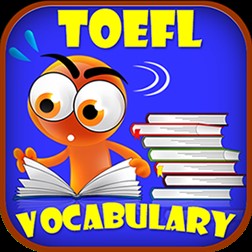
--TOEFL Common vocabularies - Secrets to Permanently Learn TOEFL Vocabulary--
Have you started studying for TOEFL yet?
Have you already taken TOEFL?
Are you NEVER going to take TOEFL?
Actually, your answer doesn’t matter. You’re learning English, so you already know that you need to remember new words. But have you ever learned a new word, and then forgotten the word after a few days — or even a few minutes? If you’re normal, the answer is yes.
Unfortunately, it can be really difficult and frustrating to learn new vocabulary — especially all those academic words for the TOEFL iBT. Often in school, teachers tell their students to remember lists but they don’t help their students with study techniques. Or students memorize words, but they can’t use the words, or pronounce them correctly. The result: Students of English can be frustrated, feel stupid and think that learning words is extremely difficult. It’s not!
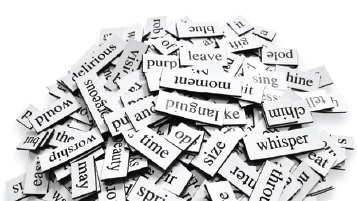
You need to study a realistic amount of new vocabulary. If you try to learn too much at the same time, you can actually decrease the amount that you remember.
Let’s imagine that you have a word list with 30 new words and you want to learn them. Great, but…
Do not study from an alphabetic list!
Study 15 minutes a day!
Put the flashcards in your pocket. When you leave the house in the morning, take them with you. Do NOT leave your flashcards at home. Your flashcards must live in your pocket — this way, you’re always ready to study. When you’re on the bus, study flashcards for 5 minutes. Between classes, study for 3 minutes. While you’re waiting for your friend at a cafe, study for 8 minutes.
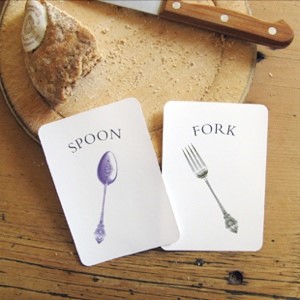
Total time: 15 minutes per day.
If you can find 15 minutes every day for vocabulary, you can increase your Weekly Vocabulary Study Time to 105 minutes. That’s almost 2 hours — and much better than just 1 hour!!!
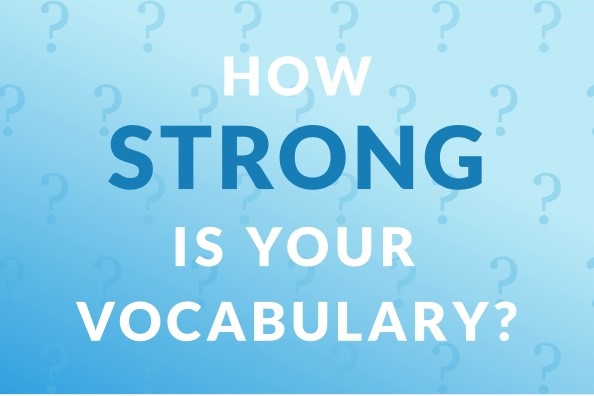
There are a lot of really horrible words in English where the sound and the spelling (writing) of the word are completely different. For example: “draught” or “rough” or “through” or… The list goes on and on.
Thankfully, if you use an online dictionary, you can find the answer in seconds.

On your flashcard, write a note.
I don’t want you to forget the word’s pronunciation. I always recommend that students use their own language’s alphabet (Turkish, Arabic, Cyrillic, Indonesian…) to write the English sound in their language.
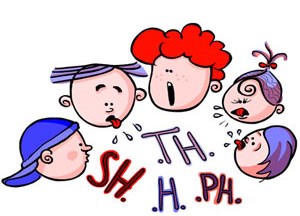
Example:
English: rough
Turkish: ruf
This uses the Turkish alphabet to write an English word. It’s not a perfect method but it is better than nothing!
It’s important to be a good speller. On TOEFL iBT, your spelling has an impact on your writing score. Sloppy [bad] spelling and stupid typos [example: My nmae si Jaime”] lower your score.
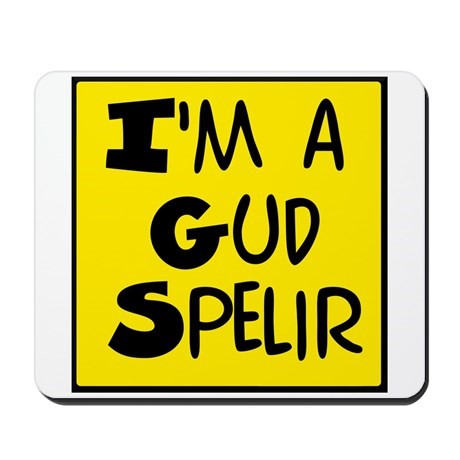
Example:
American students are given a new list of 10 to 15 words. On Friday there’s a spelling test. Next week, there’s another list and another test. And the next week, a new list, a new test. And on, and on, and on and on. Every week: more lists, more spelling.
HOWEVER, at the TOEFL iBT exam, there will only be one spell checker … you.
Your body might remember better than your eyes
Sometimes, I can’t remember how to speak out the letters of the answer. However, if I write the word, I know immediately. My hand remembers the word’s letters. It feels right to write the right word.
Make your body remember
On some old, unimportant paper, practice writing difficult English words.
Write the word correctly 3 or 4 (or 7) times. While you write, say the word. Practice the pronunciation. Then, write the word INCORRECTLY. Yes — make a mistake! Change some letters. Spell the word incorrectly. Then cross out (draw a line through) the word and write the word correctly again.
Example:
agriculture
agriculture
agriculture
agriculture
agracaltur <-- wrong!!
agriculture
Do you remember “Your eyes are not cameras. Your brain is not a bookshelf”? It was then, it’s true now, and it will be true six months from now.

Students feel angry because they studied something one time, a few weeks (or even a few days) ago, but they can’t remember it right now?!
Ohhh!!! So many students experience this!
So… If your brain isn’t a bookshelf, then what IS your brain?
It is a muscle — you must train your brain, exercise it, ask it to remember, remember, remember. Review is the most important thing you can do.

(Scenario)
This month, you decide that you will learn 15 new words every week for four weeks. You make your 15 flashcards, you carry your flashcards around with you, you study them everyday.
At the end of the first week, you put your 15 flashcards on your desk and you learn 15 more flashcards.
At the end of the second week, you review all 30 flashcards for five or ten minutes. Then you put them on your desk and you learn 15 more flashcards.
At the end of the third week, you review all 45 flashcards for five or ten minutes. Then you put them on your desk and you learn 15 more flashcards.
At the end of the month, you review all 60 flashcards.
Every week you study “old” information for a short period of time.
Don’t wait weeks and weeks to remember the words. If you wait, your brain will become lazy. You must ask your brain to exercise, work, think, perform.
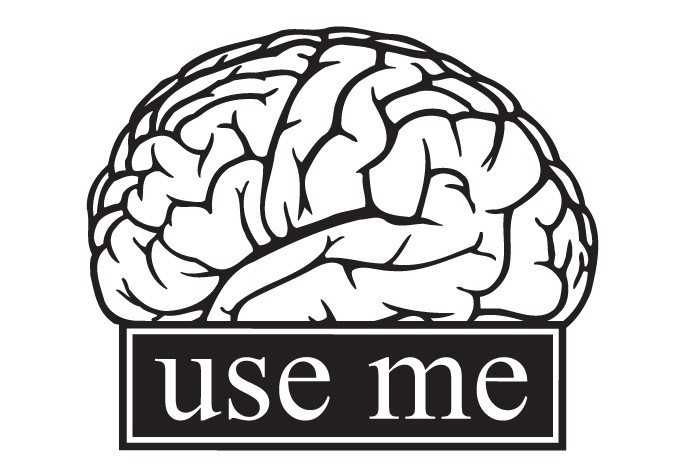
If you study weekly it’s not stressful, and it shouldn’t be too difficult.
Good Luck 